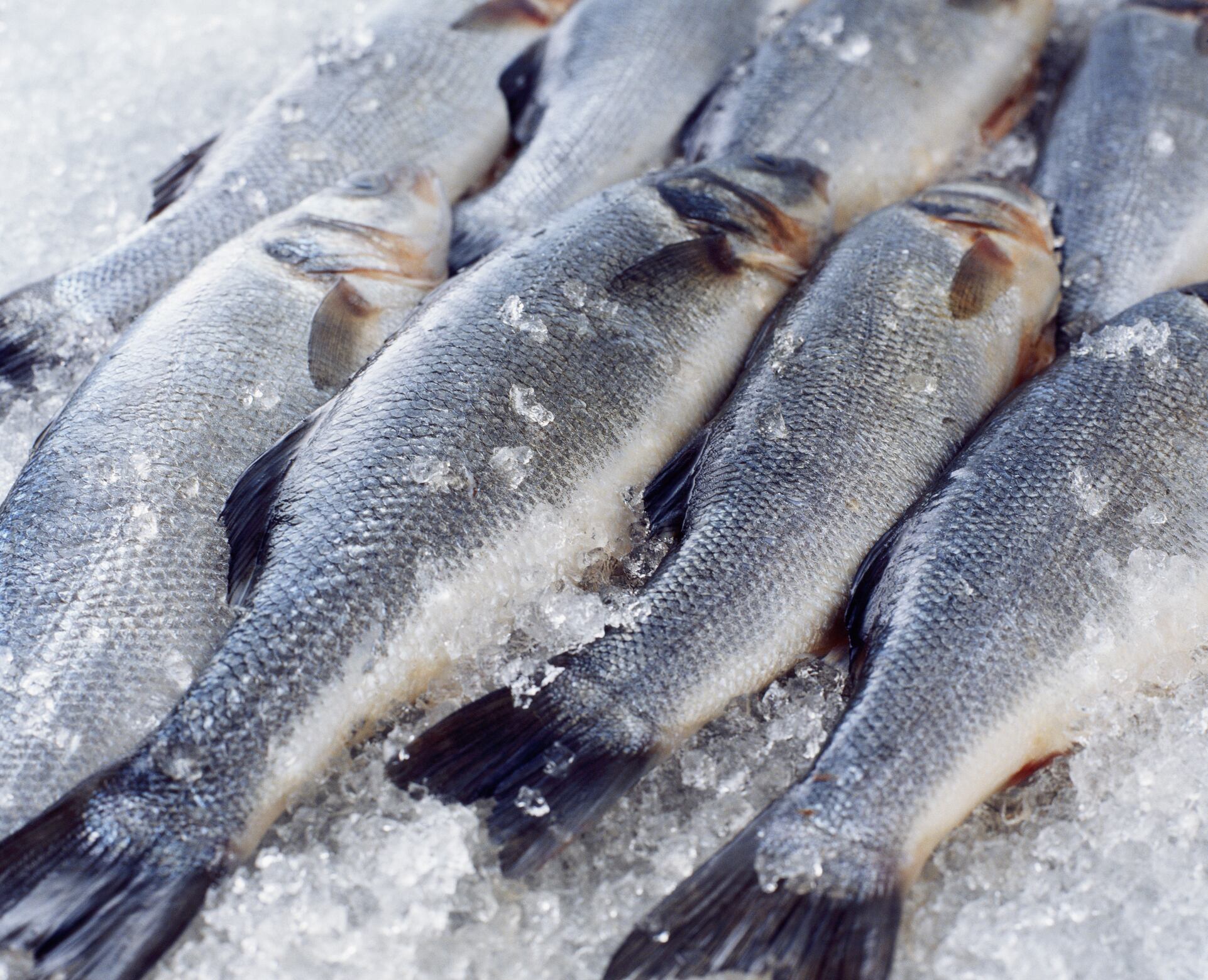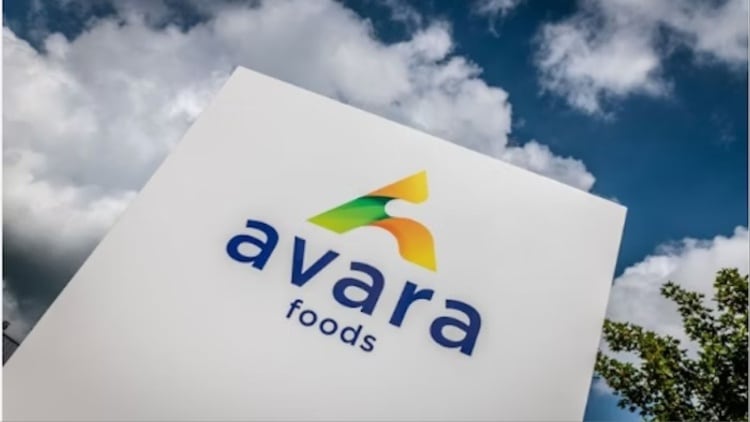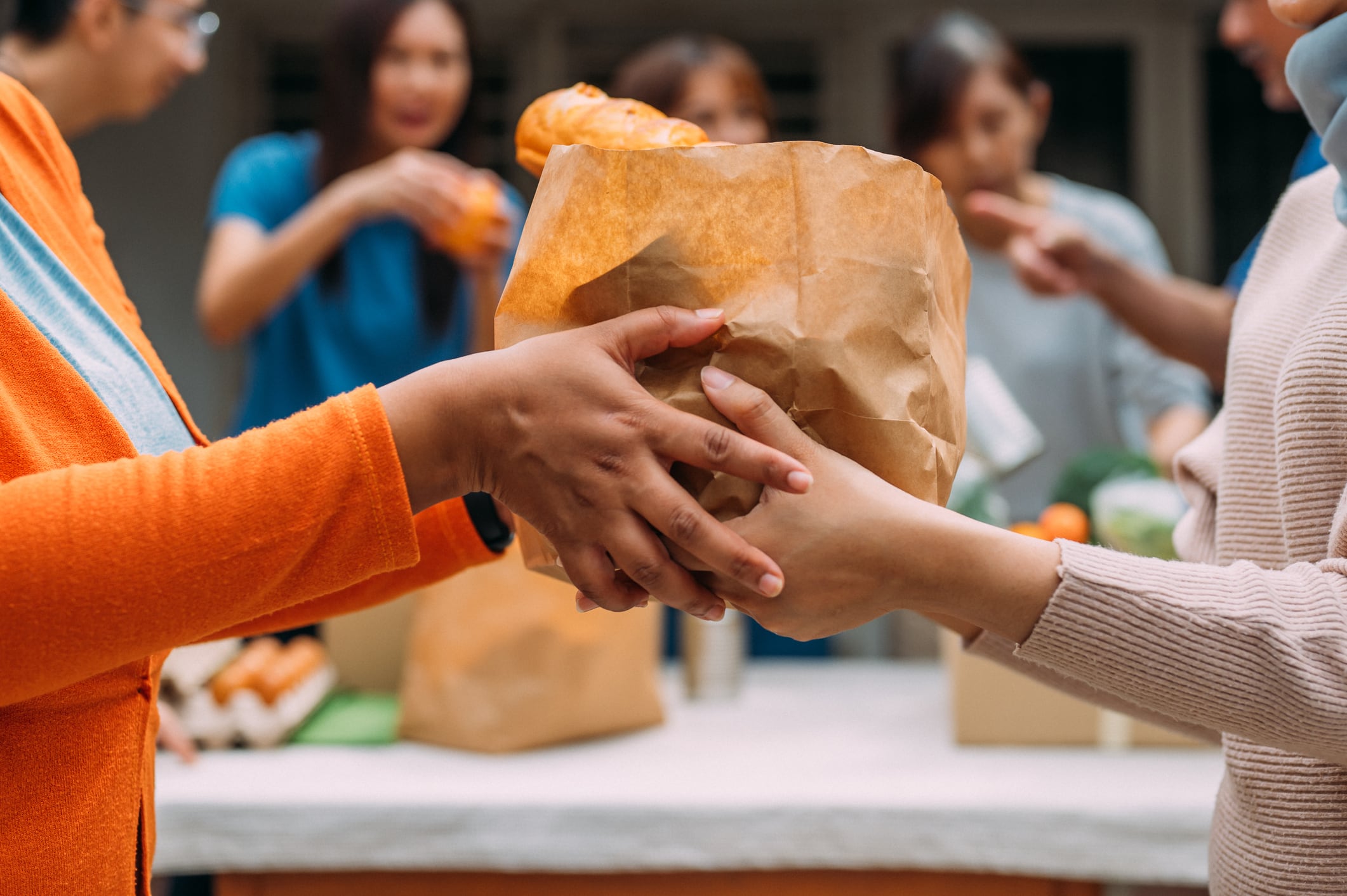Ocean Takeover – authored by environmental charity, Foodrise, the Greek alliance Akataia, and Spain’s Associació Cultural Ecológista de Calp (ACEC) – analysed the growing amount of intensive seabass and bream farms in the Mediterranean Sea and the damage they are causing.
The report found that 300,000 tonnes of wild fish are processed into fish meal and fish oil in order to feed farmed seabass and bream each year. If this quantity of wild fish were left in the ocean, 28% more people could be fed a weekly 200g portion of fish.
The extraction of wild fish from countries in West Africa such as Senegal, Mauritania and Gambia has been a significant contributor to worsening food insecurity in the region.
According to the latest available date from EUMOFA, 98% of European seabass consumed in 2021 originated from farms, with just 2% from wild fisheries. In particular, Greece has seen its farmed fish industry grow by 241% since 2000, with much of that growth fuelled by the extraction of vast amounts of wild fish from West and Southern Africa.
The growth of fish farms has been financially supported by national governments and the EU, while recent legislative changes in Greece have dramatically increased the permissible areas for intensive aquaculture.
Natasha Hurley, who is the campaigns director at Foodrise, said it was important to raise awareness about the “huge environmental cost” of each portion of farmed seabass and bream that people consume.
“Our new research clearly shows the shocking takeover of the Mediterranean by profit-hungry corporations is driving environmental destruction and global food insecurity,” Hurley argued.
“What’s even more galling is that this is happening courtesy of funding from national governments and the European Union. Industrial aquaculture is increasingly touted as a solution to ecosystem collapse and food insecurity as our oceans’ wild fish populations come increasingly under threat, but this is a deeply misleading narrative fuelled by vested corporate interests.”
She concluded by calling for the “urgent end” to the expansion of seabass and bream farms in the Mediterranean.
Meanwhile, the president of the Cayar Artisanal Fisheries Committee in Senegal, Mor Mbengue, reflected on the impact that the development of industrial fish farms in Europe has had on countries in West Africa such as Senegal.
“Before, the sea made us live – we caught enough to feed our families, and the women of the village processed the fish to sell to the inhabitants of the cities, far from the Senegalese coast, thus providing 70% of their animal protein needs,” Mbengue said.
“Since the arrival of fish meal factories, which target coastal pelagic species and fish for juveniles, everything has collapsed. The fish have disappeared, the air has become unbreathable, the water is polluted. Women have lost their jobs, young people no longer have a future here. Many take to the sea, no longer to fish, but to flee.”
Mbengue added that the worst part about the industry is that the fish meal is not used to feed humans: “It goes to Europe and Asia to fatten farmed fish. We sacrifice our lives to feed animals on the other side of the world. It’s an injustice that we can no longer bear.”
Meanwhile, Fay Orfanidou from Aktaia described the actions of European fish farmers as theft.
“This is not food security, it’s theft – taking fish from the hungry to feed a polluting export industry,” said Orfanidou.
“We are the voice of the coastal communities, and we will not be silenced. Our seas are not for sale. Our fight is for the future of Greece – and we will not give up.”




